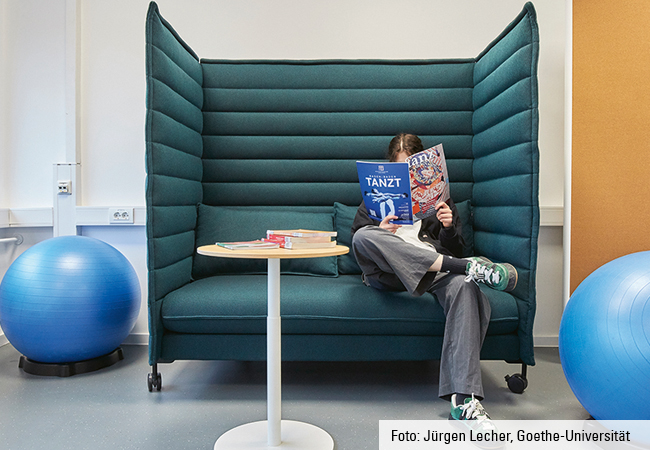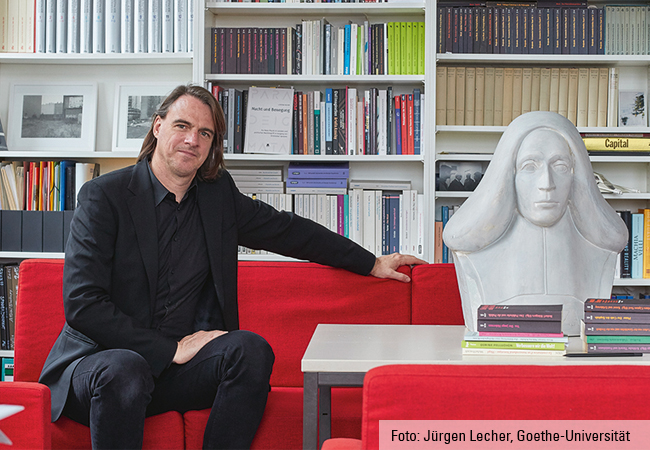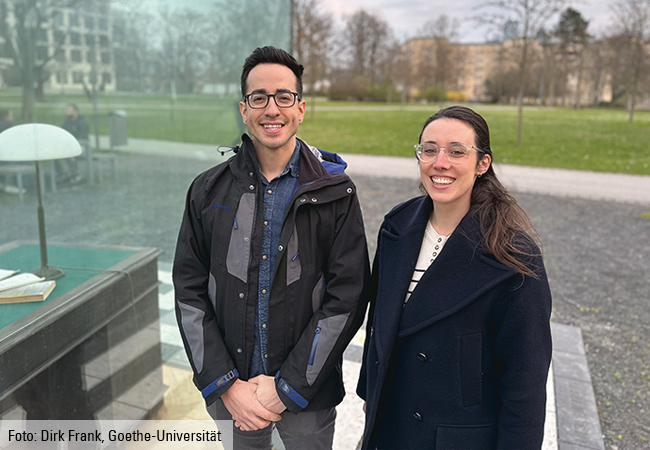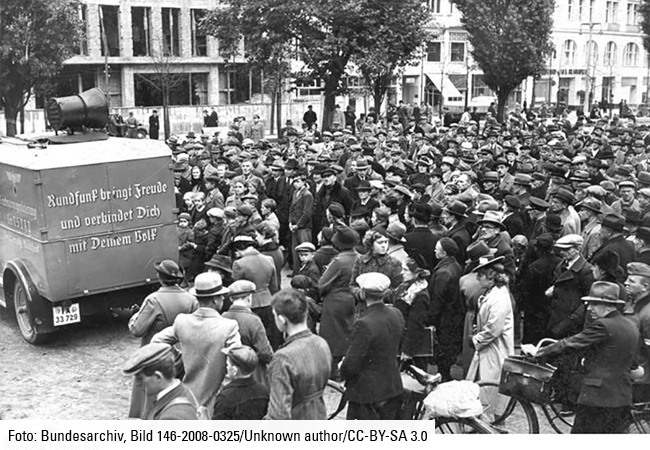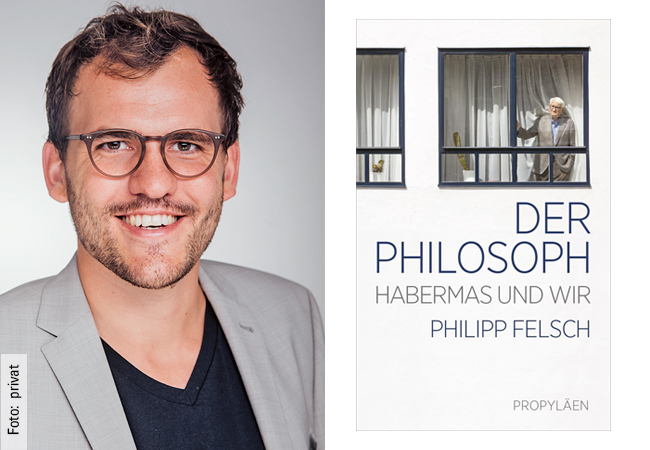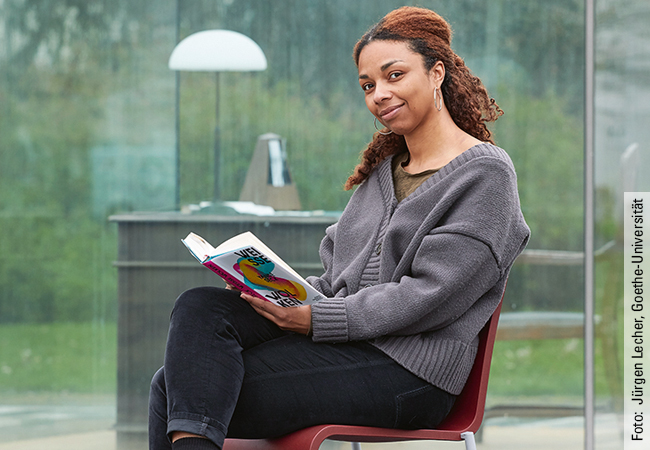The Institute of Medical Virology at Goethe-University, Frankfurt am Main, Germany, and the University of Kent’s School of Biosciences (UK) have identified that a glycoprotein known as transferrin may critically contribute to severe forms of COVID-19.
SARS-CoV-2 is the coronavirus that causes COVID-19. It is currently not known why some individuals develop only mild or no symptoms when infected, whilst others experience severe, life-threatening forms of the disease. However, it is known that the risk of COVID-19 becoming severe increases with age and is higher in males than in females. Many severe COVID-19 cases are characterised by increased blood clotting and thrombosis formation.
The team combined existing data on gene expression in humans with cell culture research of SARS-CoV-2-infected cells to search for molecules involved in blood coagulation that differ between females and males, change with age, and are regulated in response to SARS-CoV-2 infection.
Out of more than 200 candidate factors, researchers identified a glycoprotein called transferrin to be a procoagulant (a cause of blood clotting) that increases with age, is higher in males than in females, and is higher in SARS-CoV-2-infected cells. Hence, transferrin may have potential as a biomarker for the early identification of COVID-19 patients at high risk of severe disease.
Publication: Katie-May McLaughlin, Marco Bechtel, Denisa Bojkova, Christian Münch, Sandra Ciesek, Mark N. Wass, Martin Michaelis, Jindrich Cinatl, Jr.: COVID-19-Related Coagulopathy – Is Transferrin a Missing Link? Diagnostics 2020, 10(8), 539; https://doi.org/10.3390/diagnostics10080539
Source: Press release from 3 August 2020


